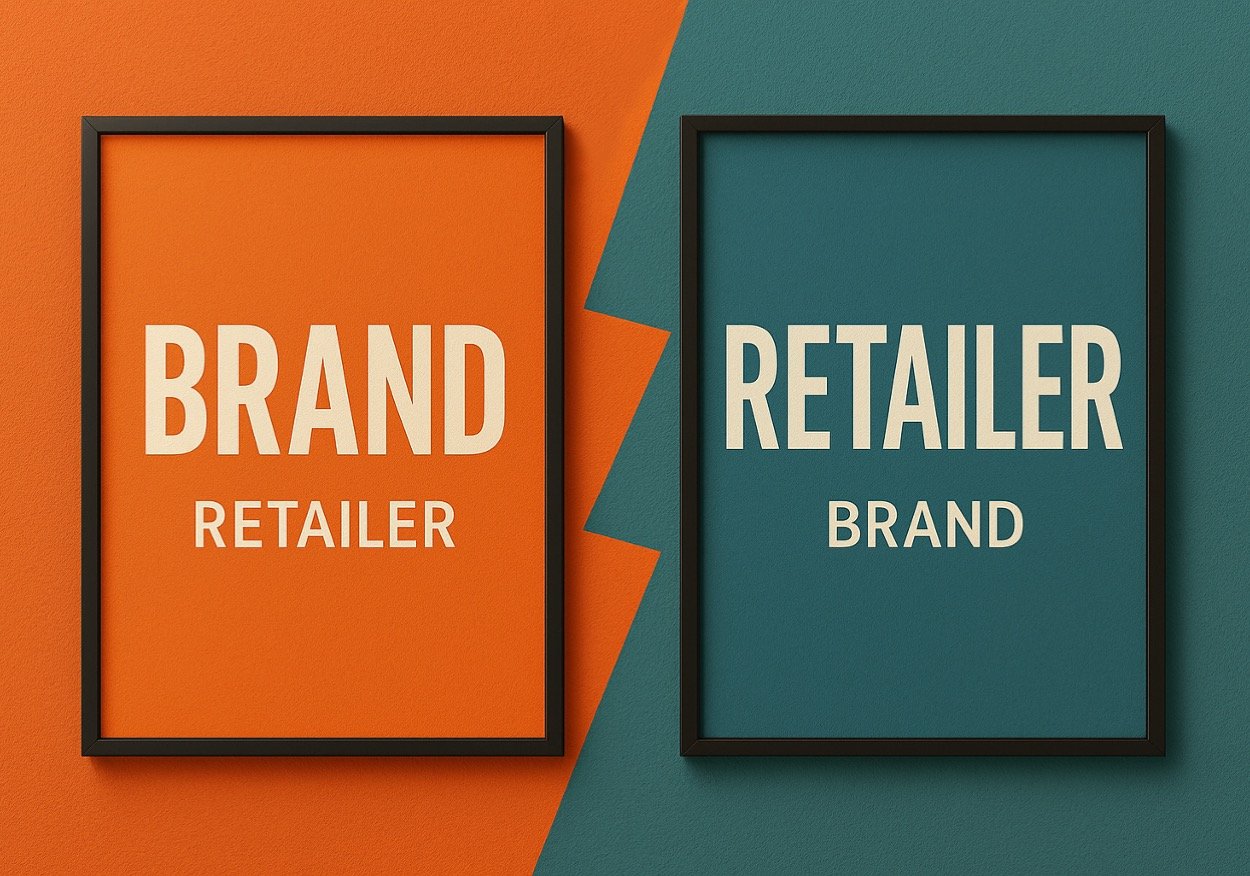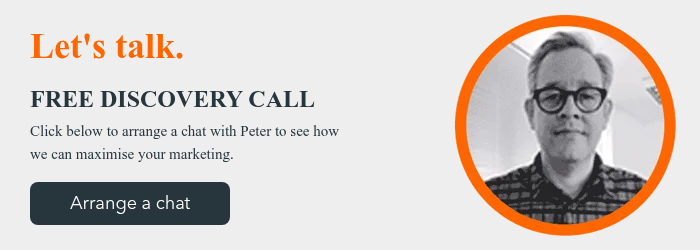You’re a national brand.
As the head office, you carry the responsibility for investing significant marketing budgets to promote your image nationally. As an enlightened head office, you also produce a wide array of brand-compliant marketing collateral for your network, aligning with your national campaigns. This includes local marketing materials, branded templates and coordinated activity that bring your brand to life across every community you serve.
Yet, despite these resources, many retailer outlets, singly or in groups, still take it upon themselves to go their own way; to be independent. Research suggests the thinking often goes like this:
“I’m a local outlet, so I’ll use a local marketing agency. They know my area, they understand the local audience, they’re part of our community, they’ll know how to position our brand here.”
Or will they?
And, obviously, they’ll be cheaper.
But will they?
That’s two questions already, but they’re not part of the 10; they’re simply there to get you thinking.
Overall, as local outlets for a national brand, your network is in a strong position if you’ve given them the freedom to choose how they activate locally. There are, after all, many national brands that keep their budgets firmly national, offering no local flexibility at all.
However, when local outlets decide to test what their local marketing agency can offer, it’s important to consider how that stacks up against the marketing support you provide from head office. Let’s look at this from their perspective.
Q1: Can they demonstrate the design skills needed to ensure a brand looks as good at local level as it does in all the big-budget national executions, regardless of the channel?
A: As head office, you and your lead marketing agency are custodians of the brand. You understand not just how it looks, but why it looks that way. Local agencies, however talented, rarely have access to the strategic insight, tone and design rationale that underpin your brand. This creates a real risk of dilution and inconsistency.
Q2: Do they understand and can they manage the complex relationships between HQ and its network of retailers, dealers, sales outlets, franchisees, venues or branches?
A: In most cases, no. A local agency works with a local outlet. They don’t manage distributed networks, shared budgets or coordinated campaigns across regions or the nation. The expertise required to manage brand compliance and alignment at scale sits squarely with you and your central partners.
Q3: Do they have the tools to help that network plan and execute local marketing and report on each one’s performance?
A: Not typically. Your central marketing function is equipped with data-driven systems, automation tools and shared reporting dashboards that provide visibility and accountability. Local agencies rarely have access to this infrastructure or the scale of insight that comes from aggregated performance data.
Q4: Are they experienced in producing on-brand materials in every channel – print, digital, email, video, radio and mobile?
A: Multi-channel marketing today demands not just creative skill but also platform-specific expertise and integrated planning. Few local agencies can offer that breadth. Your national set-up, with access to automation, digital asset management and AI-assisted creative templates, ensures brand integrity across every format and platform.
Q5: Can they provide a specialist team that will motivate your network to increase and improve its marketing activity?
A: It’s unlikely. A dedicated network support team is a major investment, and for smaller agencies it becomes a costly overhead. Head office, by contrast, can provide scalable training, community support, and incentives that help local teams market more effectively and confidently.
Q6: Do they know your specific business sector and demonstrate a profound understanding of your market, its opportunities and its prospects?
A: As head office, you live and breathe your sector. You monitor trends, data, competitors and emerging opportunities. Local agencies tend to work across multiple industries and therefore can’t develop the same depth of expertise. That generalist approach limits their ability to deliver truly strategic local marketing for your brand.
Q7: Are they experienced in implementing, managing and operating a Local Marketing Hub (or distributed marketing platform), and can they advise on what set-up will best suit your situation?
A: Integrated Local Marketing Platforms are now the backbone of distributed marketing. They combine asset management, co-op funding, automation and data-driven insights into one seamless system. Head office manages this for the benefit of the entire network, ensuring brand consistency and cost efficiency at scale. A local agency cannot replicate this infrastructure.
Q8: Can they create and manage programmes that help your network to sell more to new, existing and lapsed customers?
A: Not effectively. With a centralised Local Marketing Platform in place, your network already benefits from coordinated campaigns that target customers intelligently across every stage of the journey. Introducing third-party agencies can create duplication, confusion and brand inconsistency.
Q9: How much flexibility can your local design agency put into your materials to allow you to be as relevant as possible?
A: As much as you can afford for them to customise. However, with centrally managed dynamic templates and localised content options, your network can achieve far greater relevance, faster and more affordably, while remaining fully on brand.
Q10: Do they have a proven track record in working with all your other agencies to ensure there is total consistency between your national messages and local marketing?
A: This is rare. Local agencies work independently, often unaware of broader national strategies, key messages or creative frameworks. Your central marketing ecosystem is designed precisely to maintain that alignment – ensuring every outlet is part of one coherent, connected brand story.
The above only applies if you, as head office, are already a firm believer and practitioner in local and regional marketing, with a Local Marketing Platform or Hub in place. If you aren’t, then there’s an eleventh question – but it’s not for your agency; it’s for you.
“Why aren’t you?”
Because in 2025, the brands that succeed are those who enable their local networks to act with confidence and agility, while maintaining the power, insight and consistency of a national brand. Local enablement isn’t an optional extra; it’s the bridge between brand control and customer connection.














